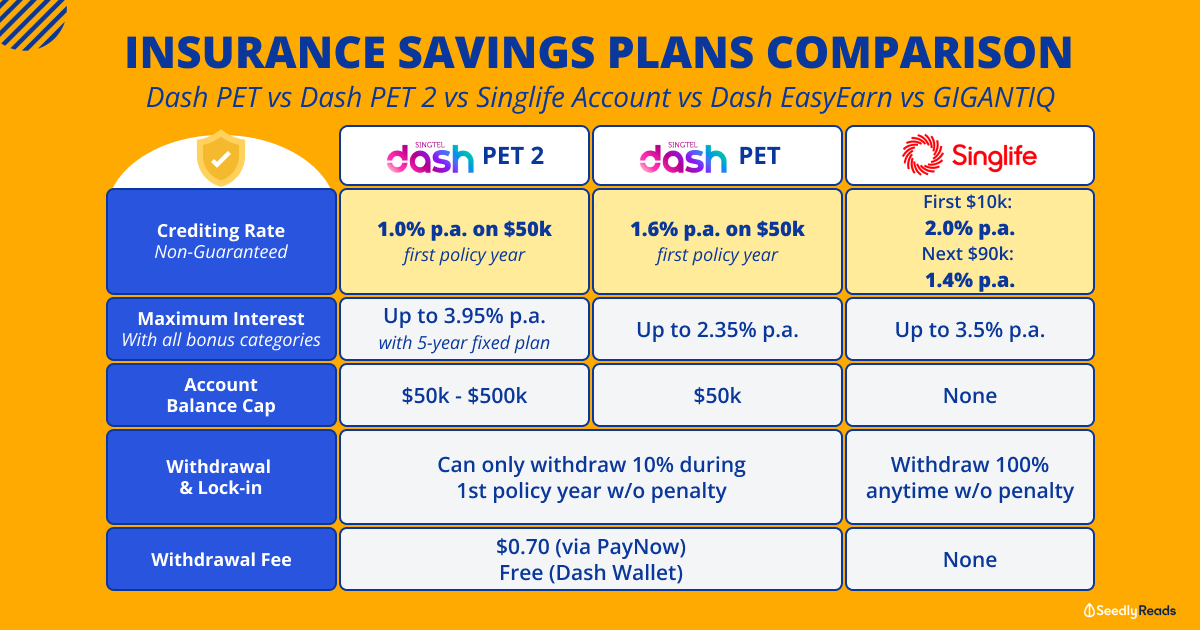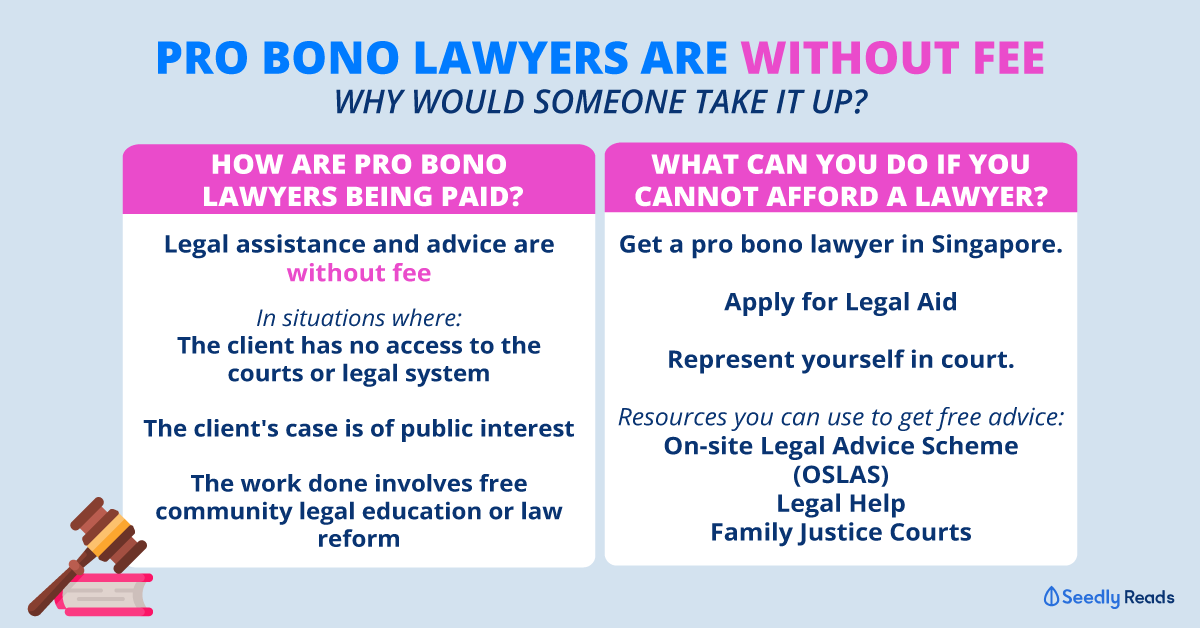Advertisement
Anonymous
For CI insurance (without ECI), would the insurer give the payout if I've a CI (intermediate/late stage) but not seek treatment (like chemo)? I plan to use the payout for medicine (like morphine). Any advice?
Hi. I'm considering to buy CI insurance (without ECI). I'm female, 25 y.o., non-smoker, have a healthy weight and have 0 dependents.
I plan to not receive treatment if I've a CI (even if it's early stage). I'd let my body degenerate naturally and die in a hospice. If so, would the insurer give the payout? I plan to use the payout for medicine (like morphine).
If the diagnosis is an ECI and I don't treat it, would there be a payout once it becomes intermediate/late stage?
Thank you.
3
Discussion (3)
Learn how to style your text
Elijah Lee
23 Jun 2020
Senior Financial Services Manager at Phillip Securities (Jurong East)
Reply
Save
Pang Zhe Liang
23 Jun 2020
Lead of Research & Solutions at Havend Pte Ltd
It depends on the type of insurance policy that you have, and the type of coverage provided.
Generally, there are two types of payout for an insurane policy:
Payout on a reimbursement basis
Lump sum payout
An example of a plan that provides payout on an reimbursement basis will be an integrated shield plan.
More Details:
Integrated Shield Plan Singapore: A Starter's Guide
On the other hand, an example of a policy that provides lump sum payout will be term insurance, or whole life insurance.
More Details:
What is a Term Insurance Policy
What is a Participating Whole Life Insurance Singapore
For critical illness coverage, it is usually the latter, i.e. lump sum payout. In this case, you need to fulfil the definition for claim. Thereupon, the insurer will issue a cheque and you are free to do whatever you want with the money.
If you only have coverage for severe stage critical illness, then there won't be any payout during the early stage. When the situation deteroriates and the condition fulfils the severe stage's definition, then a claim will become admissible.
I share quality content on estate planning and financial planning here.
Reply
Save
Hey there!
Usually for CI payouts, there is no restriction on how you will use your payouts. It wil...
Read 1 other comments with a Seedly account
You will also enjoy exclusive benefits and get access to members only features.
Sign up or login with an email here
Write your thoughts
Related Articles
Related Posts
Related Posts
Advertisement








Hi anon,
Generally, CI insurance is in the form of a lump sum payout, upon fulfilling the claim criteria. You'll get it as long as you can provide evidence of fulfilling the medical criteria. They won't question what you intend to use the money for.
Once you receive the payout, it is yours to utilize as you see fit. The insurer will not question how you use it. Thus, once you make the claim, it is up to you what sort of medication you wish to use to ease the pain.
If your diagnosis is early (or intermediate) CI, then you can't claim if your policy only covers late stage CI. However, once it progresses to late stage and fulfils the medical criteria, you'll be able to make a claim.